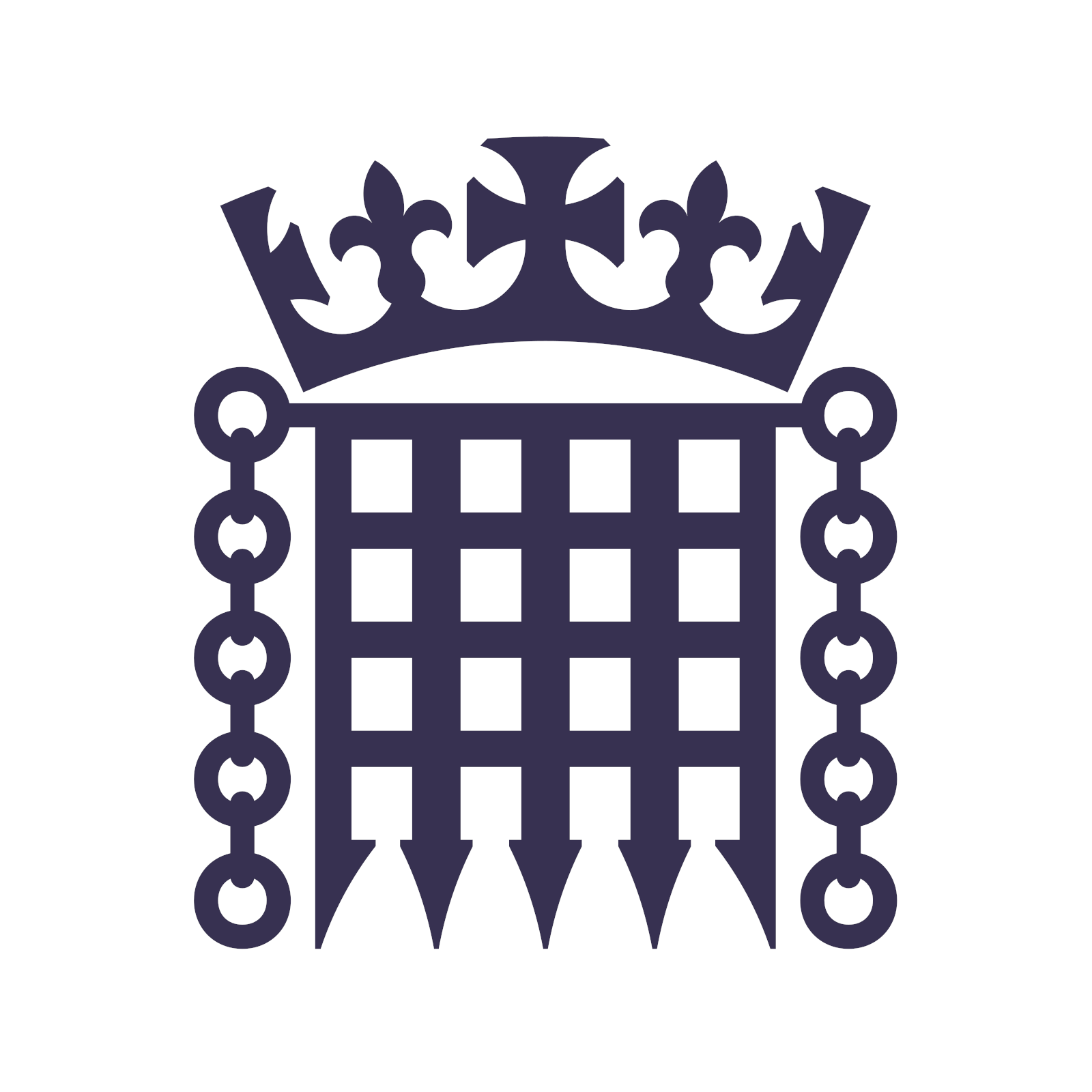- cross-posted to:
- rail@feddit.uk
- cross-posted to:
- rail@feddit.uk
cross-posted from: https://feddit.uk/post/10932557
Labour will fully nationalise the train network within five years of coming to power, with a pledge to guarantee the cheapest fares as part of “the biggest reform of our railways for a generation”.
One of Labour’s first major acts in government will bring all passenger rail into national ownership under Great British Railways as contracts with private operators expire, a plan endorsed by the architect of the Conservatives’ own rail plan.
Labour will announce it plans to cut waste and claw back shareholder dividends, saving £2.2bn. It will establish a watchdog, the Passenger Standards Authority, to scrutinise the new system. Passengers will be offered best-price ticket guarantees, automatic delay repay and digital season tickets across the network.
bIn a speech on Thursday, the shadow transport secretary, Louise Haigh, will say renationalisation “is not going to be easy and it will take hard graft, but it will be my mission to get us to the right destination and to deliver for the Great British passenger”.
Labour insiders hailed the announcement as the moment the party would begin to champion its more radical proposals in the run-up to an election campaign, after a number of U-turns including over green investment.
That sounds like a bold policy that would be popular with the electorate. Am I dreaming or will there be some.rapid overnight rewrites of the speech?
I don't think it'd need The Ghost of Britain Future to demonstrate that Labour need to get cracking fixing the mess the Tories have got us into. I am surprised it's taken this long and/or they didn't wait until after the election.
The linked post says...
...but not rolling stock.
So just the building and maintenance of the rail network. Not the franchises that run on the rail network.
SMH!
Exactly. The rolling stock is where all the money goes, meanwhile the public-facing train companies you buy tickets from (who rent rolling stock) operate at or near a loss. This way the train companies can negotiate better contracts with local governments - "Look, we're barely making any money, we have to charge ludicrously high fares for piss poor service!"
My early morning brain is too slow to understand these plans. It has the word Renationalise and that's great but what's actually going to happen?
The government takes over the running of the railways but not the ownership of the physical trains is that right? So what happens to those? They get leased back to the government?
Can someone explain for a simpleton like me how the these things now relate to each other? The train tracks and signals, the train stock, the ticket offices and stations, the various railway operators.
Ta.
So the rail infrastructure (tracks, signals etc) is owned by network rail. The government tried having it run for profit by a company called RailTrack. However it turns out that rail infrastructure maintenance and the profit motive are not easy bed fellows and the profit motive part won out, and then Ladbrook Grove, Southall and Hatfield rail crashes happened due to railtracks negligent maintenance. So now it is run by the government owned and funded network rail. However Network Rail contract out most of the maintenance to other civils contractors to actually do the work.
The train operators compete to run trains on a route. They take revenue from ticket sales. On the route they are obliged to maintain a minimum service even on unprofitable lines (e.g. rural commuter lines), their reward for doing so is they get the profits from the productive lines e.g. intercity lines. However post COVID contracts have been restructured away from a share of ticket sales, towards a ‘cost plus’ system that is independent of passenger volume.
The trains and other rolling stock are owned by Rolling Stock companies and leased to the Train Operating Companies. This means if the government wants to strip an operator of its franchise they can without having to get the franchise to sell the trains to their successor/competitor, they just re-lease the same trains from the Rolling Stock Company. However mostly the rolling stock operating companies exist to extract value from the system and deliver it to shareholders, they add no value over if the trains were owned by network rail. It’s wild that that is the bit Labour doesn’t want to nationalise, it’s a pointless rent seeking middle man.
The Train Operating Companies run the stations in their regions (with some exceptions for the busiest, most important stations that are run by Network Rail) however the stations are owned by Network Rail.
Once the train operator contracts expire and revert to the government the rolling stock companies will find they're negotiating prices with a single very informed, very long term customer who can essentially set the price.
They'll be begging to sell up. Itll be after the next GE by the timeline labour have put though so I'd expect it in that manifesto
To add onto my previous reply, buying trains isn’t like you or I buying groceries or even the NHS buying pharmaceuticals. If you or I don’t like Tesco’s products or prices we can cross the road and go to Asda (or Morrisons or Aldi or Waitrose etc) with no consequences or interruption of supply at all for us.
Likewise for the NHS if they don’t like the terms for a drug from generic supplier A, they can buy from generic supplier B. And for many drugs produced as generics there are large manufacturers who are kitted out to do this at reasonably short timeframes with shortfalls from switching suppliers that can be covered from strategic supplies.
Trains on the other hand have working lifespans in decades (sometimes too many decades!). We don’t have spares just sat about as they’re hugely expensive assets, so if you want a different one you have to buy a new one. Buying new ones is a lengthy process that takes years for development, manufacturing, testing, driver training and modifications to infrastructure (power requirements, clearances, platforms alterations etc). You can’t be without trains either as the country requires the trains to run reasonably reliably for a huge amount of economic activity. So it isn’t a simple matter of deciding one is leaving of one train supplier and just going to another. So they kind of have you over a barrel in that sense. It’s a very poor negotiating position.
They kinda already do though. The government tells them what trains they can buy for which routes, and then tells them what they can charge. And they’re still drawing a profit today.
Currently Network Rail owns and operates (nearly) all the railways, signals and ticket offices. Not sure about stations. Train companies rent rail stock, but they pay a high price for this and subsequently pass that onto the consumer, while maintaining that it's necessary to charge expensive fares because their costs are so high.
The government owns Network Rail. The government will take over the rail companies, and this will probably end up staggered as different companies have different contract dates. The rail stock itself will probably remain under the same ownership with more or less the same ridiculous rental charges.
So all in all this probably won't make that much difference.
Rail track is owned by network rail. Under the government but run privately.
Stations are run by train companies.
Trains used to be owned by banks. And rented to train companies. Not sure its still banks. But def rented from a privrate company.
So this would start to see arenationalised network rail (minor changes to how its run basically) renationalisation of stations as contracts to run them expire. They already belong to government/nation
And renationalisation of routes as contracts run out. Renting the same trains the current companies rent. Of course currently those companies have to kit out the trains themselves. They literally rent empty carriages. So its likely the renationalised company will have to consider that.
Bullshit. Give it a week tops for it to be walked back, or for it to come to light that it is just a massive handout to the rail companies.







